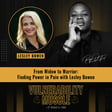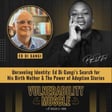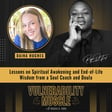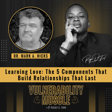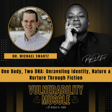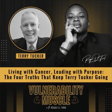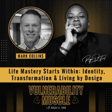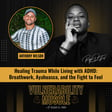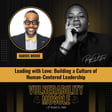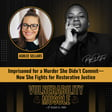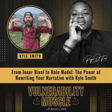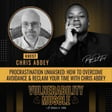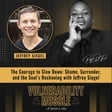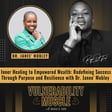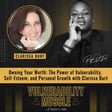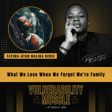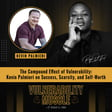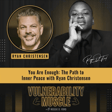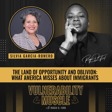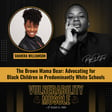
048 - Breaking Through Loneliness: Finding Light at the End of the Tunnel with Sukhvinder Kaur
In this heartfelt episode of Vulnerability Muscle, host Reggie D. Ford sits down with Sukhvinder Kaur, a mental health advocate, counselor, and author of There is Light at the End of the Tunnel of Loneliness. Together, they explore the profound impact of loneliness on mental and physical well-being, shedding light on how isolation can be a silent yet deadly struggle.
Sukhvinder shares her deeply personal journey—from experiencing loneliness after a major life transition to becoming a beacon of hope for others. She opens up about how writing, community, and faith played vital roles in her healing and how she now dedicates her life to helping others navigate their own feelings of isolation. Through this conversation, she emphasizes the importance of acceptance, seeking support, and taking actionable steps toward connection and healing.
Listeners will gain practical tools for managing loneliness, including the power of journaling, meditation, and reframing vulnerability as a strength. Reggie and Sukhvinder also discuss the post-pandemic loneliness epidemic, the stigma surrounding mental health in different communities, and the life-saving impact of human connection.
If you've ever felt lonely, disconnected, or struggled with mental health, this episode is a must-listen. Tune in for a compassionate and insightful discussion that reminds us all: You are not alone, and there is always light at the end of the tunnel.
Contact Info:
https://uk.linkedin.com/in/sukhvinder-kaur-91227a2b8
